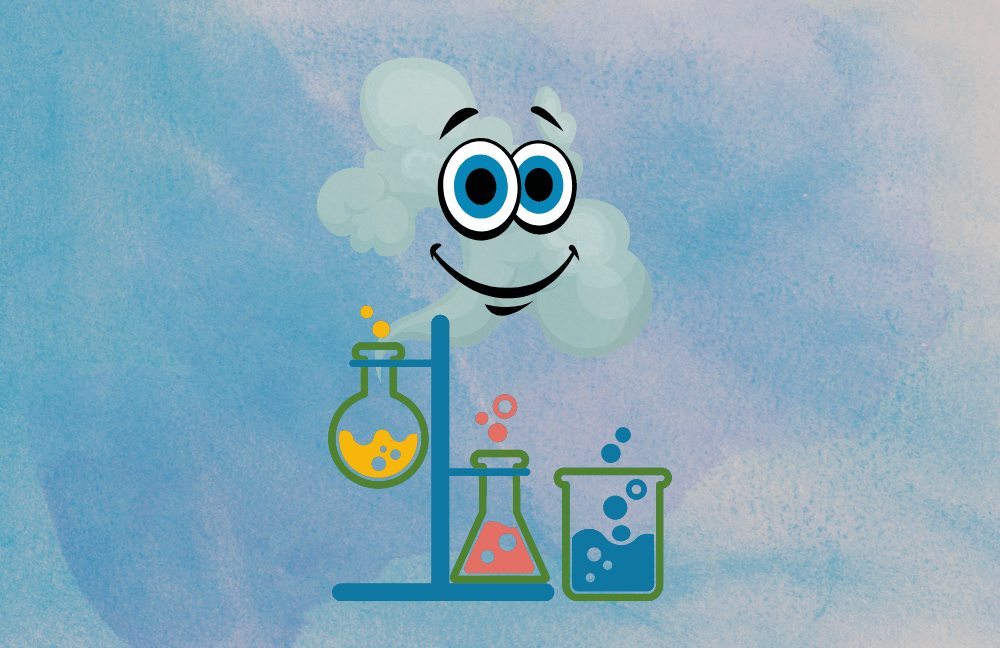Breakup
Why Is a Breakup Hard?
A breakup is analogous to the demise; not of a person but of a relationship. And death isn’t an easy proposition to make peace with. We believe that the murderer seldom moans, and the one who has lost, will grieve. Truth is, whether the breakup is mutual or not, both partners may be impacted adversely albeit in different directional intensities. Initiators of a breakup may experience the stress of guilt while those who did not initiate it endure the woe of abandonment.
Through the life span, relationships are not isolated entities. Intimate relationships are the backdrop of human existence. Making them work is a greater predictor of wellness, than other financial, educational, health or social goal accomplishment. Relationships always matter, even if they’re not in the foreground. Hence breakups are not easy, and acceptance takes a lot of resilience.
Romantic relationships involve investment of tangible resources like self-disclosure, mutual friends, shared possessions, and finances; as well as intangible assets like trust, faith, hope, and dreams. With passage of time, longer relationships tend to include even more investments because partners have had more time to get entwined into each other’s existence with added networks, more memories, further planning, and additional promises. More the time spent with each other, greater is the distress experienced at the time of breakup. Breakup acceptance is hard.
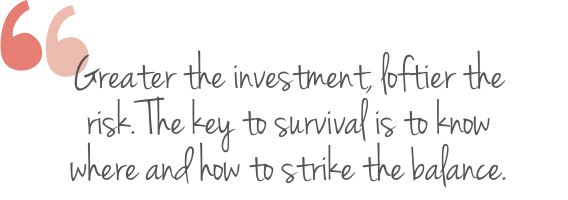
Does A Breakup Always Feel Bad?
A romantic breakup has been cited as one of the worst events among all traumatic experiences, second to losing a partner to death. Many people experience flashbacks, crying spells, sadness, rumination, palpitations, and a series of symptoms of depression, anxiety, and post-traumatic stress disorder at times. That being said, some people also report positive changes following a breakup such as feeling more self-confident, independent, stronger, and emotionally stable.
Which brings us to the common invisible denominator that determines post breakup feelings – how does one view the breakup? A deeper question might be, how does one view the relationship as it was back then, from today’s reference point? Breakups can be remarkable learning experiences that tutor better communication skills, improved conflict management and superior romantic competence in the future. On the lines of – practice makes perfect. But acceptance never comes so easy.
What Makes a Breakup Not Feel Bad?
Breakups are harrowing, but should not be perceived as flabbergasting. Humans change their minds, preferences, likes, desires and promises (even if they’re not particularly fickle temperamentally). Trauma perceived in a breakup is less about what the other person did, and more about how you felt. How we perceive adult romantic relationships is amazingly influenced by our attachment styles to parents in childhood. A positive versus negative adjustment to the breakup ensues in accordance.
In ideal circumstances, parents are primary providers of love, support, reinforcement and encouragement to any individual. In time, this secure base is internalized and one comfortably stands on their feet autonomously. A partner or spouse can provide support but ought not to become the foundation stone of your confidence. Sometimes people transfer their support base to the romantic partner who becomes their only safe haven.
All of this works well in ideal scenarios. But when that partner who has becomes the all-encompassing spirit of a person’s existence demands separation, it may evoke a sense of craving, abandonment, betrayal and resultant depression. This is comparable to a child who experiences distress when taken away from a parent in contrast to his or her separation from any other casual connection. Here are some constructs that predict mental wellness or illness post a breakup.
Self-Sufficiency
Gaining Closure
Normative Nature
Coping Style
Breakups and The Sense of Control
Fundamentally breakups unleash a basic human flaw – loss of control. And we don’t like that. The breakup non-initiator may spend days, weeks, months, years, maybe a lifetime, seeking answers to questions that are not of existential significance. Like “why did this have to happen” and “why did I deserve it”. Instead of seeking answers from outside to questions that don’t have meaningful consequence, a compassionate reappraisal of “why am I still hurting?” and “why do I crave a person who doesn’t crave me?” will give more directive answers from within. And this can propose direction for a better future with another, better someone.
The human mind sometimes works from deceptive, mistrustful and incomplete internal schemas. And a breakup fidgets with the weakest links in the chain of human confidence. Hence, the rumination, obsession and incoherence. Sometimes not getting an answer, is itself the answer. And letting go is the only way to set yourself free.
How You Can Cope Better
Personal growth that occurs after a breakup is also called post traumatic or stress related growth. These are positive changes that focus on nurturing your own character strengths, seeking meaningfulness in your life, and building deeper connectedness with others.
Psychotherapy helps with optimal cognitive processing of the event through CBT (Cognitive Behavioral Therapy), REBT (Rational Emotive Behavior Therapy), ACT (Acceptance and Commitment Therapy), as well as healing from the emotional pain with EFT (emotion focused therapy) and mindfulness. Behavioral therapy emphasizes the importance of steering away from maladaptive coping styles and taking personal accountability for your wellness. Don’t let the breakup break you; rather let us help you make it make you. How you feel matters. Do something about it.
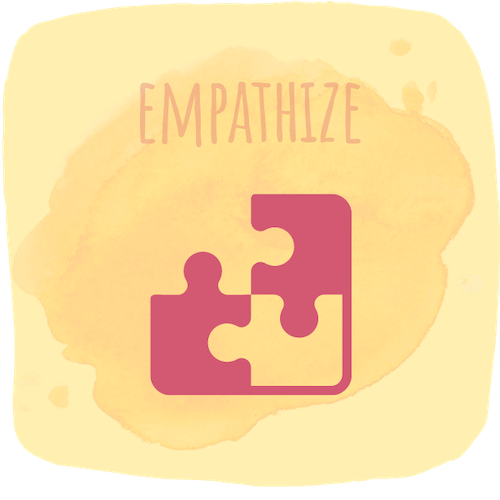



References
- Kansky, J., & Allen, J. P. (2018). Making Sense and Moving On: The Potential for Individual and Interpersonal Growth Following Emerging Adult Breakups. Emerging adulthood (Print), 6(3), 172–190.
- Rhoades, G. K., Kamp Dush, C. M., Atkins, D. C., Stanley, S. M., Markman, H. J., (2011). Breaking up is hard to do: the impact of unmarried relationship dissolution on mental health and life satisfaction. J Fam Psychol. Jun;25(3):366-74.
- Mearns, J., (1991). Coping with a breakup: negative mood regulation expectancies and depression following the end of a romantic relationship. J Pers Soc Psychol. Feb;60(2):327-34.
Latest Posts

7 Reasons Why You Should Seek Therapy
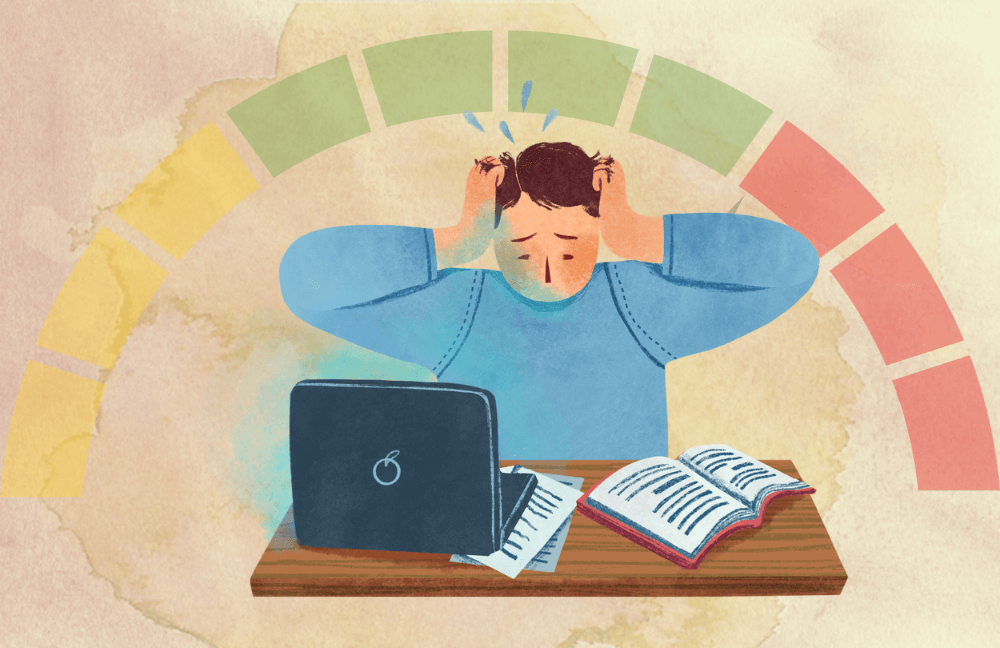
7 Questions About Workplace Stress Answered
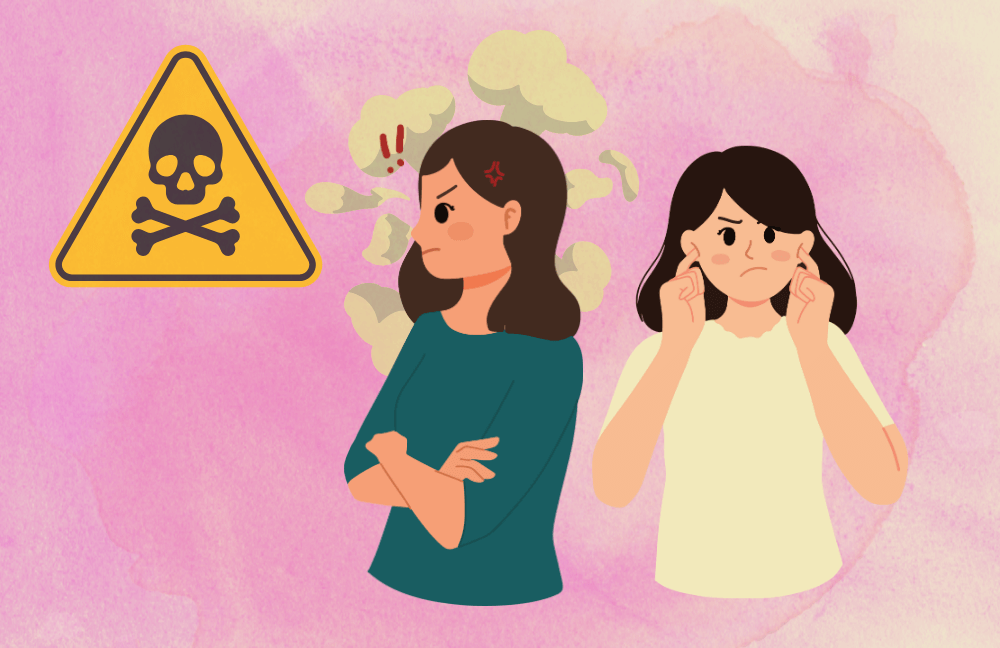
5 Ways To Deal With A Toxic Coworker
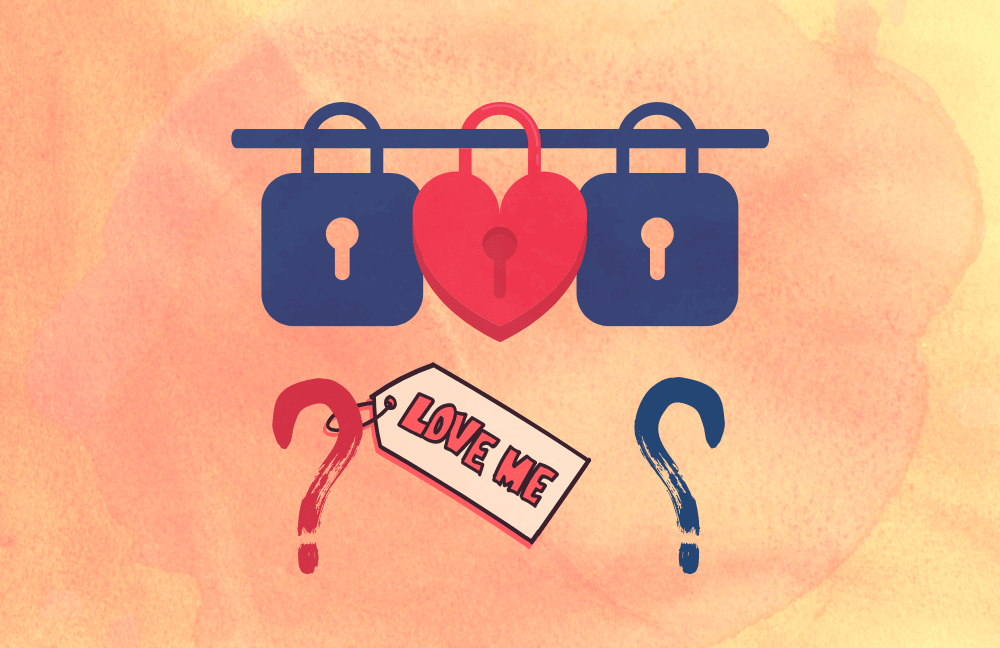
Insecurity Plaguing Your Relationships? Discover Why
